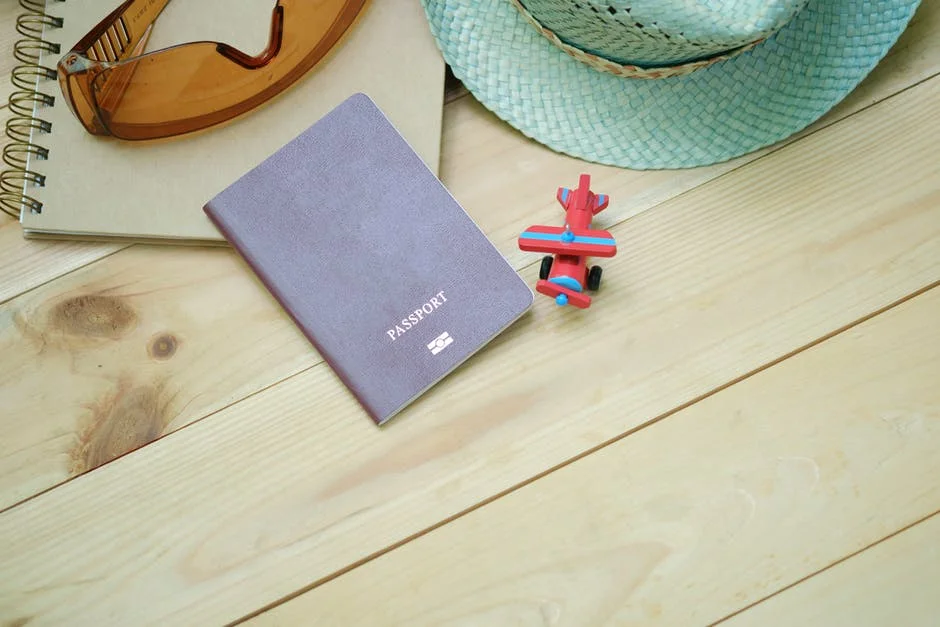Enjoy a Safe Holiday Season
Holiday safety is an issue that burns brightest from late November to mid-January, when families gather, parties are scheduled and travel spikes. Take some basic precautions to ensure your family remains safe and injury-free throughout the season.
Traveling for the Holidays? Be Prepared
Many people choose to travel during the holidays by automobile, with the highest fatality rate of any major form of transportation. In 2015, 355 people died on New Year's Day, 386 on Thanksgiving Day and 273 on Christmas Day, according to Injury Facts 2017. Alcohol-impaired fatalities represent about one-third of the totals.
Use a designated driver to ensure guests make it home safely after a holiday party; alcohol, over-the-counter or illegal drugs all cause impairment
Make sure every person in the vehicle is properly buckled up no matter how long or short the distance traveled
Put that cell phone away; many distractions can occur while driving, but cell phones are the main culprit
Properly maintain the vehicle and keep an emergency kit with you
Be prepared for heavy traffic, and possibly heavy snow
Have a plan for travel in place; let people know where you’re going to be, your route when on the road or flying, etc. and have the Virtual Halo app downloaded and configured on your iPhone and Apple Watch in case of an emergency.
Even Angel Hair can Hurt
Decorating is one of the best ways to get in a holiday mood, but emergency rooms see thousands of injuries involving holiday decorating every season.
"Angel hair," made from spun glass, can irritate your eyes and skin; always wear gloves or substitute non-flammable cotton
Spraying artificial snow can irritate your lungs if inhaled; follow directions carefully
Decorate the tree with your kids in mind; move ornaments that are breakable or have metal hooks toward the top
Always use the proper step ladder; don't stand on chairs or other furniture
Lights are among the best parts of holiday decorating; make sure there are no exposed or frayed wires, loose connections or broken sockets, and don't overload your electrical circuits
Plants can spruce up your holiday decorating, but keep those that may be poisonous (including some Poinsettias) out of reach of children or pets; the national Poison Control Center can be reached at (800) 222-1222
Make sure paths are clear so no one trips on wrapping paper, decorations, toys, etc.; NSC provides tips for older adults on slip, trip and fall protection
It's Better to Give Safely
We've all heard it's important when choosing toys for infants or small children to avoid small parts that might prove to be a choking hazard. Here are some additional gift-related safety tips:
Select gifts for older adults that are not heavy or awkward to handle
Be aware of dangers associated with coin lithium batteries; of particular concern is the ingestion of button batteries
For answers to more of your holiday toy safety questions, check out this Consumer Product Safety Commission blog
See which toys have been recalled
Watch Out for Those Fire-starters
Candles and Fireplaces
Thousands of deaths are caused by fires, burns and other fire-related injuries every year, and 12% of home candle fires occur in December, the National Fire Protection Association reports. Increased use of candles and fireplaces, combined with an increase in the amount of combustible, seasonal decorations present in many homes means more risk for fire.
Never leave burning candles unattended or sleep in a room with a lit candle
Keep candles out of reach of children
Make sure candles are on stable surfaces
Don't burn candles near trees, curtains or any other flammable items
Don't burn trees, wreaths or wrapping paper in the fireplace
Check and clean the chimney and fireplace area at least once a year
Turkey Fryers
While many subscribe to the theory any fried food is good – even if it's not necessarily good for you – there is reason to be on alert if you're thinking of celebrating the holidays by frying a turkey.
The Consumer Product Safety Commission reports there have been 168 turkey-fryer related fires, burns, explosions or carbon monoxide poisoning incidents since 2002. CPSC says 672 people have been injured and $8 million in property damage losses have resulted from these incidents.
NSC discourages the use of turkey fryers at home and urges those who prefer fried turkey to seek out professional establishments or consider a new oil-less turkey fryer.
Don't Give the Gift of Food Poisoning
The U.S. Department of Health and Human Services provides some holiday food safety tips. Here are a few:
Do not rinse raw meat and poultry before cooking
Use a food thermometer to make sure meat is cooked to a safe temperature
Refrigerate food within two hours
Thanksgiving leftovers are safe for four days in the refrigerator
Bring sauces, soups and gravies to a rolling boil when reheating
When storing turkey, cut the leftovers in small pieces so they will chill quickly
Wash your hands frequently when handling food









